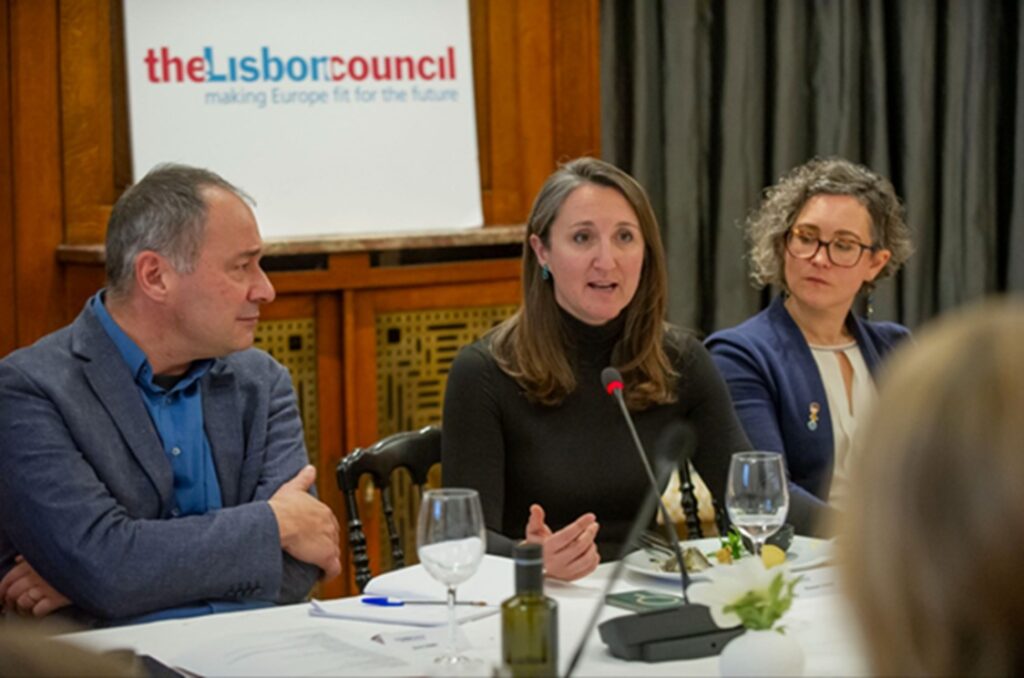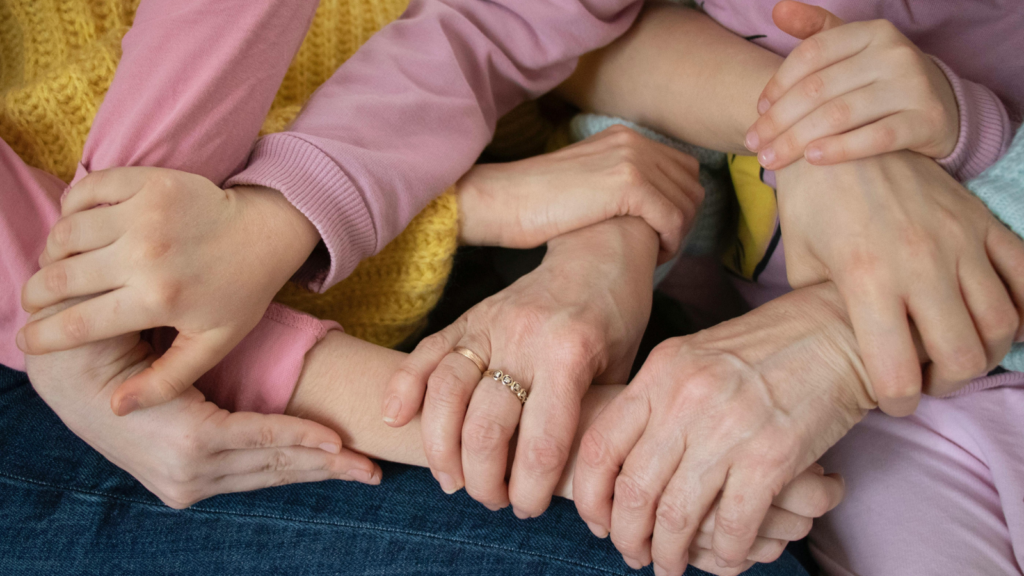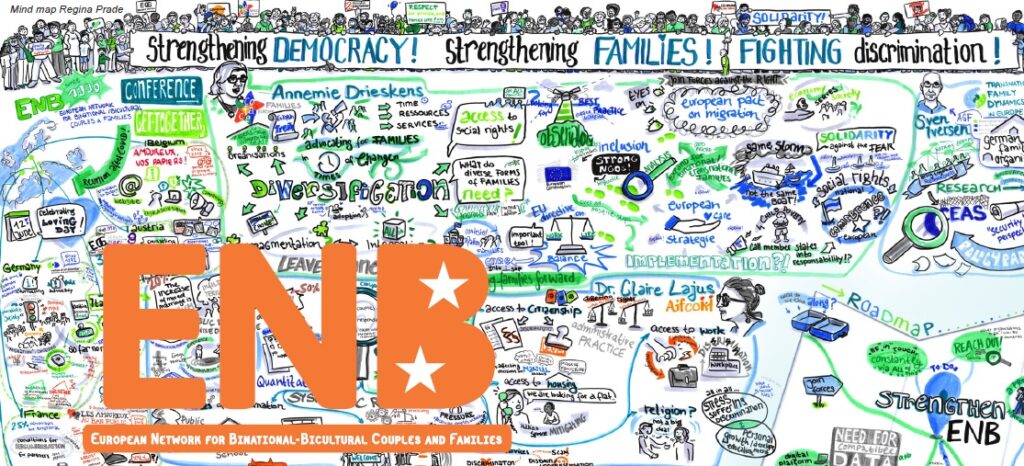In March 2020 Spain, like Italy and other European countries, introduced a hard lockdown in parts or the whole country. When our government put a hard one in place the world changed for all families in Spain, but a little bit more for single-parent families.
Without childcare services, school for children or high school for teenagers, families were overwhelmed by the new timetables and responsibilities. The lockdown also had a severe impact on our jobs. A minority of single parents could maintain their activities through teleworking from home, an unprecedented experience for many. However, the bigger part of single-parent families in Spain suddenly found themselves with reduced pay (70% of a normal month) due to their employer starting an ERTE (Record of Temporary Employment Regulation) allowing them to temporarily suspend or reduce worker’s contracts due to force majeure issues. Others were forced to suspend their job search (more than 75% of single-parents are listed without a job in the national employment institute1).
With these new circumstances, the Isadora Duncan foundation (COFACE member) decided to put in practice some emergency programmes and actions to solve some of the most common problems, such as the delay in unemployment benefits from the government which workers could now receive due the ERTE. Further actions focused to provide healthy meals for all members of the family and to push the families’ benefit claims during the lockdown. To achieve this, Isadora Duncan decided to launch a National Single-Parent Observatory with surveys to understand better the social reality, and the most common problems which impacted single parents during the initial phase of the COVID-19 pandemic.
Digitalisation has been a key area of work of COFACE in recent years and tackling the digital divide is also an explicit aim of principle 20 (access to basic services) of the European Pillar of Social Rights proclaimed in Gothenburg in 2017. Today after the first wave of COVID-19 struck our societies and our economy, digitalisation is one of the solutions to improve access of families to everything. From education, job, taxes, etc. All families need these digital skills to obtain the essential services that they need, using the internet and the digital environment as a tool, especially during the COVID-19 era.
Our recent survey of the impact of COVID-19 shows that a single-parent family is more digitalized, has a higher level of education and a good job with salaries than ever, equal to those of two-parent families. On the other hand, the survey shows a work-life balance problem, with family and friends as a safety net for the single-parent, a net broken during the lockdown and a real problem for single-parent families. Also there are increasing problems regarding access to quality and affordable housing. In Spain social housing, in particular the public housing provision, cannot provide an alternative to the private market for the families who need it. For years Spain was a country where property was a way of life, but after the 2008 crisis a big part of new families started their lives inside the private rental housing market.
Nowadays, renters represent around 18% of the market in the whole country, and the figures are even higher, up to 25%, in Catalonia or the Madrid region2. In the case of single-parent families the problem is bigger as there is only one salary to obtain a rent contract and landlords demand more guarantees for starting a contract. The survey tells us that more than 40% of the families live in a rented home.
Access to social housing or housing assistance of good quality is another principle of the European Pillar of Social Rights, and it is also part of the rights that every Spaniard has. COVID-19 broke the tourism market in Spain, a market which was creating barriers to achieving access to affordable housing, so the latest developments could lead to significant positive change for families. However, the consequences of the economic situation are already felt in our survey: many families have identified housing-related difficulties, which are likely to worsen in the future given the economic outlook. Measures to prevent housing exclusion and homelessness must therefore be considered seriously. The most important expense for all families in Spain is housing and basic supplies. COVID-19 measures like lockdowns require people to stay home, hence now is the time to ensure that all families, including single-parents, can benefit from a national social housing programme, that allows a decent place for living, in an appropriate environment, and affordable.
Our NGO nowadays is involved in some cases where families are losing their social housing bought by hedge funds, and it is needed that decent housing and affordable basic supplies be extended to all families. This is very much so for families that have had more problems to draw up regular contracts with a landlord or a real estate agent. Housing is a common problem for all Europeans, the 2008 crisis was actually an eviction crisis for many families. So, if the COVID-19 crisis finally leads to appropriate measures to ensure all families have a home to live in, maybe the housing crisis can be a thing of the past. It’s an opportunity for all countries and for all families – we must seize it.
This Autumn, our Observatory will launch the second wave of the survey, focusing on the return to school, work-life balance and the single-parent family as a concept.
Click here to see the survey results: https://isadoraduncan.es/wp-content/uploads/2020/10/EncuestaCOVID.pdf
1: Ajenjo Cosp, M. y N. García Saladrigas. 2019. “La distribución del tiempo en los hogares monoparentales de madre ocupada. Vivir con otros como estrategia de conciliación”. Revista Internacional de Sociología 77(3):e131. https://doi.org/10.3989/ris.2019.77.3.18.027
2: Encuesta de Condiciones de Vida 2019. Instituto Nacional de Estadística.
**DISCLAIMER: All opinions in this article reflect the views of the author, not of COFACE Families Europe**
About the author:
Daniel Álvarez is project manager at Isadora Duncan single-parent Foundation,. Bachelor in the Arts of Geography, University of León and Master in Regional and Local Economic Development and Territory Management, University of Valladolid. Since 2015 is part of the Isadora Duncan staff inside the financial inclusion and tackle energy poverty programme. The programme was awarded as best financial initiative by the Bank of Spain in 2017.





